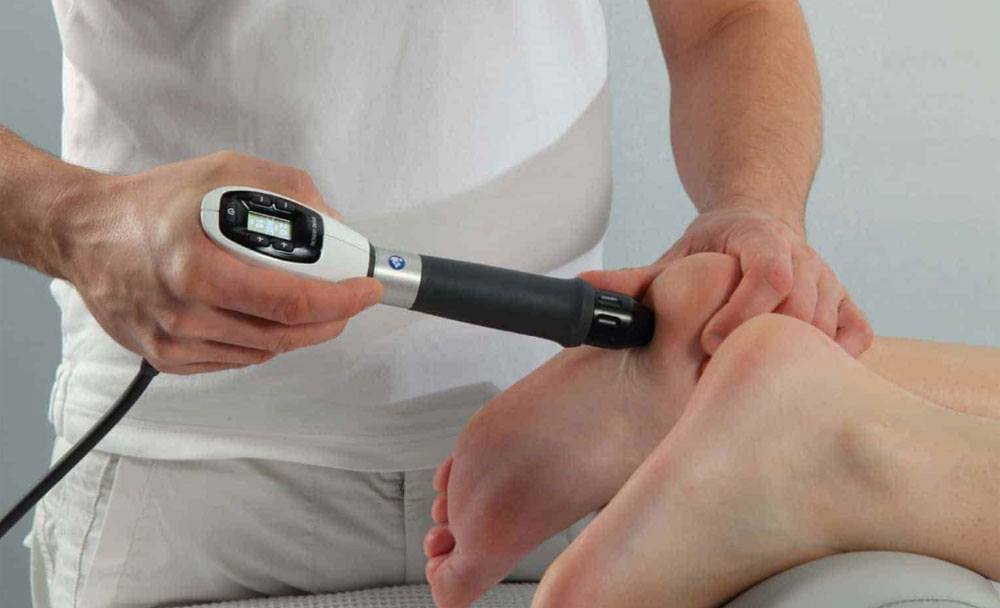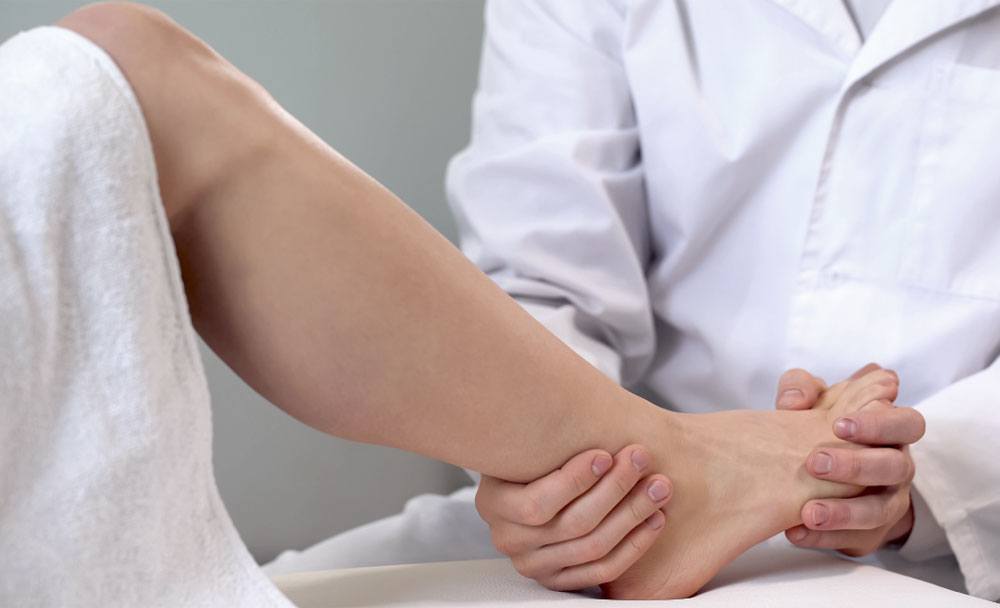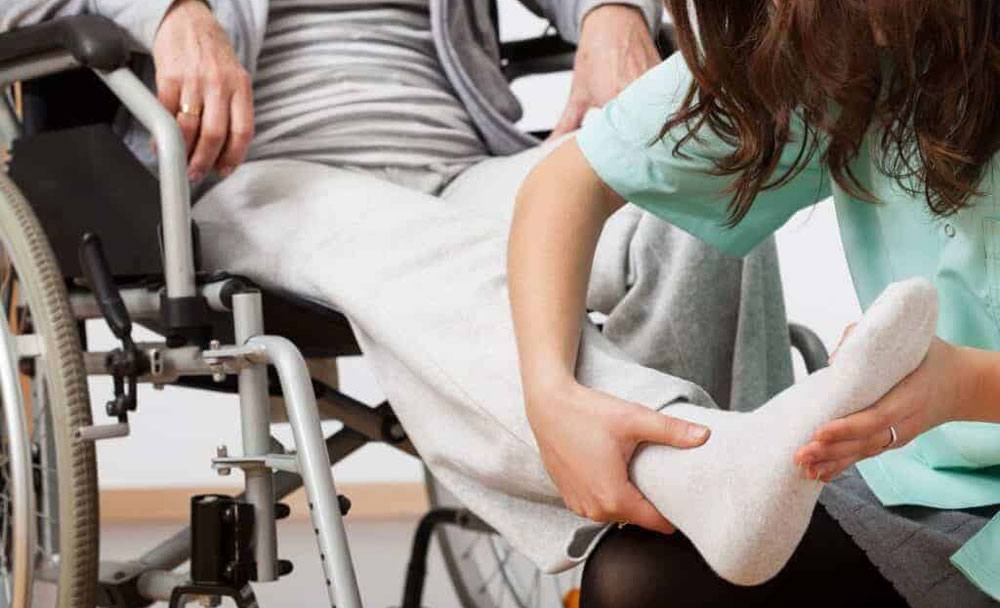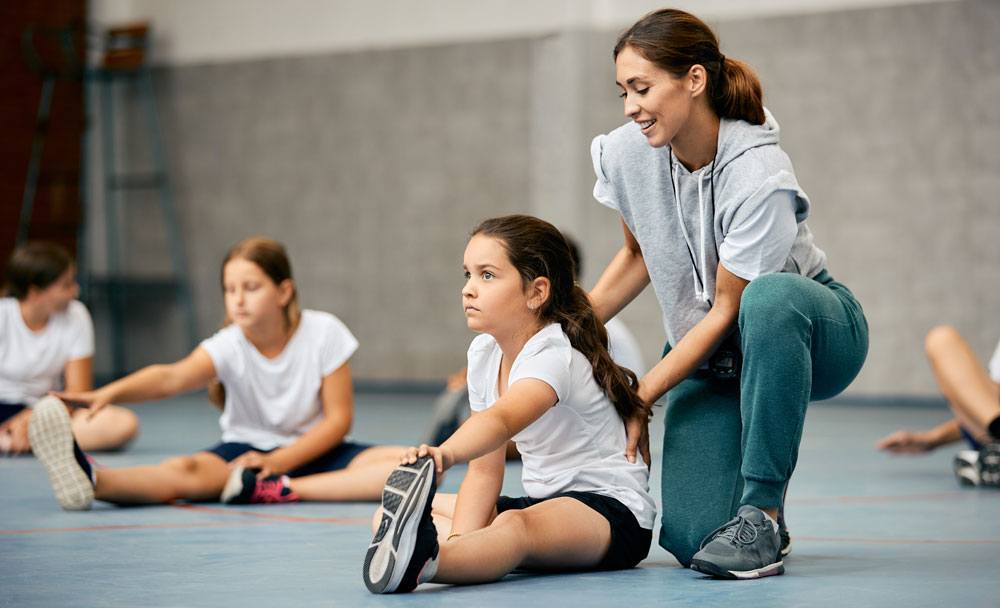Achilles Tendinopathy

Achilles tendinopathy is an injury to the band of tissue (tendon) that connects the muscles in your lower leg to your heel bone. You may get pain, stiffness and sometimes swelling around your heel. It’s a common injury, especially if you’re very active or do lots of sports.
Get A Fast Appointment
or Call

About Achilles Tendinopathy
Your Achilles tendon is the thickest and strongest tendon in your body. It connects your calf muscle to the bone in your heel, helping you to move your foot when you walk, run, climb or jump.
If you have Achilles tendinopathy, your Achilles tendon becomes damaged and stops working as well as it should. It’s usually damaged through repeated use and injury over time. The damage can make it painful and harder to do your usual activities.
You may sometimes hear Achilles tendinopathy called Achilles tendonitis. This means your tendon is inflamed. But because there isn’t always inflammation when your tendon is injured, this term isn’t strictly accurate.


Symptoms
-
pain in your heel – this may be an ache or a sharp pain, which feels worse when you’ve been active or put pressure on it
-
stiffness in your tendon – often this is worse first thing in the morning or if you’ve been resting for a while
-
swelling at the back of your ankle
-
tenderness when you touch your tendon
-
a grating noise or creaking feeling (crepitus) when you move your ankle
-
If you feel sudden pain in your heel or calf, this could mean you’ve torn your tendon. This is called an Achilles tendon rupture. You may hear it snap and have trouble bearing any weight on your leg. If this happens, seek urgent medical advice.

Diagnosis
Your physiotherapist will ask you about your symptoms and examine your leg, heel and ankle. They may ask you to do a series of movements or exercises to help them see how well you can move your leg. They may squeeze your calf muscle to check the movement of your foot. They may also ask you about your medical history to check for other related causes or conditions.
Achilles tendinopathy can usually be diagnosed from your symptoms, and you won’t usually need any further investigations.

Causes
Achilles tendinopathy is usually caused by overuse – this means repeated stress on your Achilles tendon over time. This can cause changes to the structure of your tendon and sometimes tiny tears, making it weaker.
Any sports or activities that put stress on your Achilles tendon can lead to Achilles tendinopathy. This includes running and anything that involves jumping – for example, dancing, gymnastics, squash and tennis. You may also be more likely to damage your Achilles tendon if you:
-
use badly designed equipment including wearing the wrong footwear
-
have a poor technique or haven’t trained properly for the activity you’re doing
-
suddenly increase how much exercise you do or the intensity of your exercise
-
train on hard or sloping surfaces
Other things that can make you more likely to develop Achilles tendinopathy include:
-
getting older – because your Achilles tendon becomes less flexible and less able to cope with stress
-
having a family history of the condition
-
if you’ve injured your tendon or the muscles around it in the past
-
having certain long-term health conditions such as rheumatoid arthritis, diabetes, high cholesterol or thyroid problems
-
having certain problems affecting your feet or legs
-
being very overweight or obese
-
taking certain medications – for example, antibiotics belonging to the quinolone group; corticosteroids or statins

Treatment
Physiotherapy can help to build up the strength and function in your Achilles tendon. Depending on the severity and stage of the condition, physiotherapy treatment for patients with an Achilles tendinopathy is vital to hasten the healing process, to ensure an optimal outcome and reduce the likelihood of recurrence. Treatments may often involve:
-
Soft Tissue techniques
-
Shockwave Therapy
-
Stretching programme
-
Joint mobilisations
-
Gait Analysis and Orthotics
-
Taping
-
Hydrotherapy
-
An eccentric loading exercise training programme
-
Progressive rehabilitation programme and return to activity/sports plan
-
Acupuncture
-
Advice/education on optimal tendon loading
What Our Clients Say…
You Ask, We Answer
What is the cost of physiotherapy?
Find out about the costs of the initial assessment and follow up sessions of MSK physiotherapy.
How long is a session of physiotherapy?
A top question is about how long the sessions are, here we explain about the length of MSK initial and follow up sessions.
Do I need a referral to be treated by you?
To get your treatment at The Physiotherapy Centre, do you need to get a referral from your GP or Consultant?
